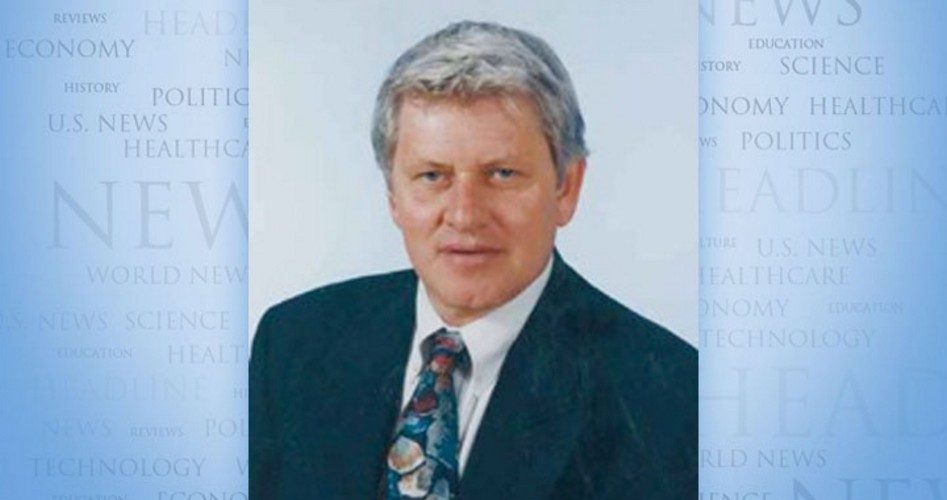
Given the negative backlash, it’s clear that the short-lived Race Together campaign launched by Starbucks CEO Howard Schultz in order to “stimulate conversation, empathy and compassion” among Americans of all races was a social and commercial flop.
To “help bridge racial and ethnic divides,” Starbucks encouraged its employees to write “Race Together” on coffee cups in order to stimulate conversations about race with their customers.
For starters, “Race Together” was a clumsy and unclear slogan, looking at first glance more like a promotion for a running club or a marathon than a solicitation to discuss everything regarding race from slavery to Jim Crow laws to Al Sharpton’s television commentaries on economic injustices and political grievances.
Still, even with a better slogan, it doesn’t work with 15 hurried people waiting in line at 7 a.m. for coffee to have a barista asking customers what they think about the Florida jury acquitting George Zimmerman in the killing of “unarmed black teenager” Trayvon Martin, or if they think “unarmed black teenager” Michael Brown in Ferguson actually had his hands up in surrender while simultaneously saying “don’t shoot” before he was shot and killed by white police officer Darren Wilson, and if they agreed with the grand jury’s decision not to indict Wilson.
Nonetheless, I don’t think it was race that killed the Starbucks campaign. If I pull up to a drive-through speaker at KFC, the only thing I want to talk about is whether I want my chicken grilled, extra crispy or with the original recipe, not my opinions on late-term abortions or whether a bakery should be sued if it refuses to put two grooms on a wedding cake.
Similarly, if I’m at McDonald’s at a speaker phone in their parking lot it’s because the food is fast and cheap, not because it’s gourmet or because I want to chat with the kid in at the sliding glass window about whether taxpayers should pay for reassignment surgery if Juan in Guadaljara decides to come across the border and become Yolanda in San Diego.
In his column “One grande latte, with a shot of cowardice,” Roger Simon, Politico’s chief political columnist, was irate when Starbucks pulled the plug on trying to start a national conversation about race by writing “Race Together” on coffee cups.
“He wanted Americans to start talking about race in no matter how small, brief or modest a fashion,” wrote Simon regarding Starbucks CEO Howard Shultz. “And I say good for him. Race is the subject most Americans do not want to talk about. And we do talk about it only in moments of crisis, when we cannot ignore it, such as when unarmed black teenagers are gunned down on our streets. The alternative is what we have now: Silence. Avoidance. Looking the other way. Burying our heads in the sand.”
According to Fortune magazine, many Starbucks customers feared the Race Together campaign “would slow service inside Starbucks restaurants,” reported Simon, adding this sneering comment: “And we wouldn’t want that. I mean, what’s a dead teenager compared with having your soy latte come cold?”
In fact, among African-American males ages 15 to 34, the top cause of death is murder, reports the Centers for Disease Control and Prevention. “Who’s committing these murders?,” asks Juan Williams, African-American reporter and pundit. “Not the police. Other black men.”
Ralph R. Reiland is an associate professor of economics and the B. Kenneth Simon professor of free enterprise at Robert Morris University in Pittsburgh.



